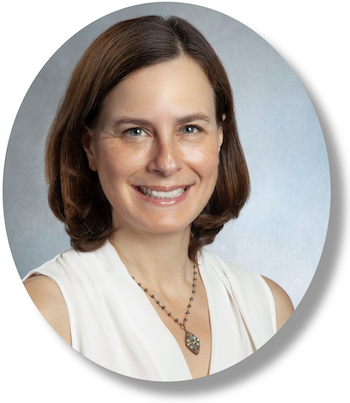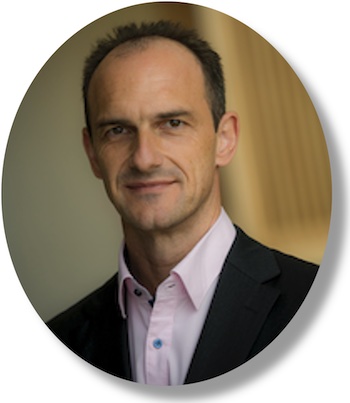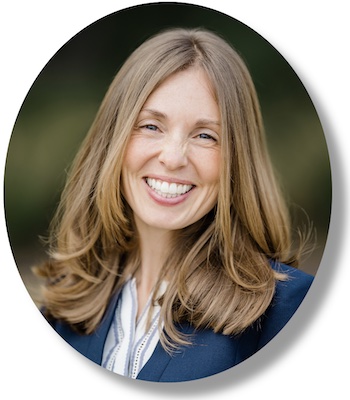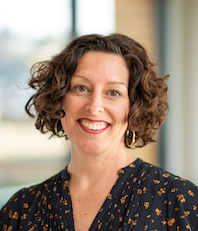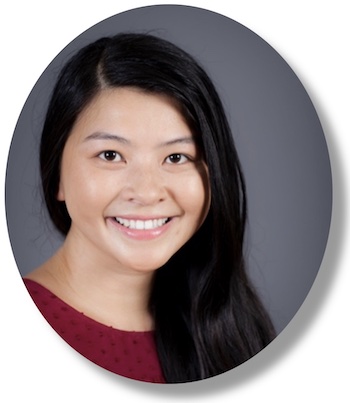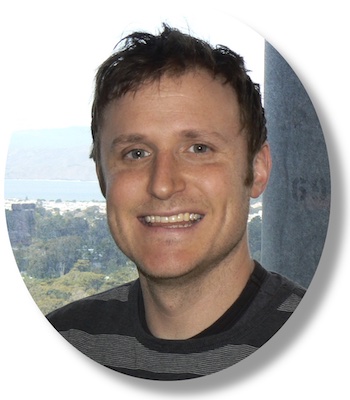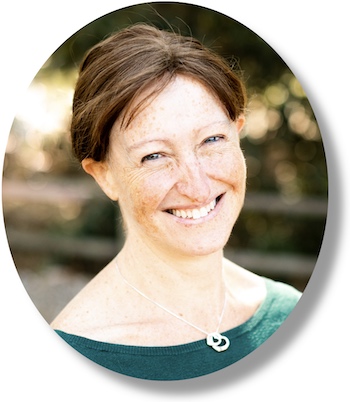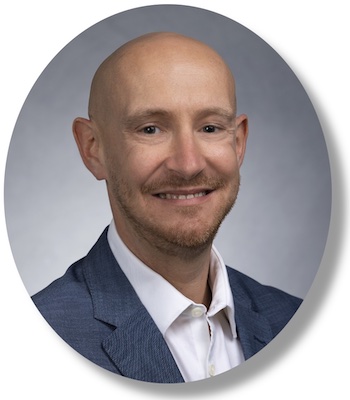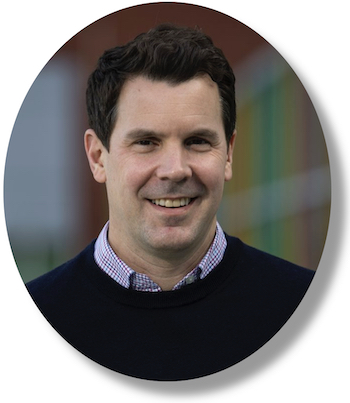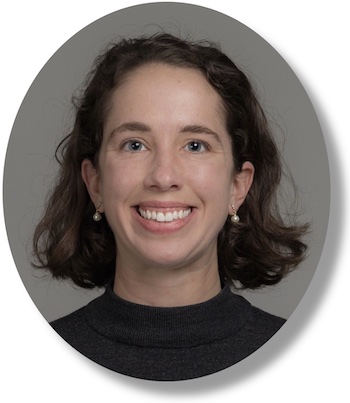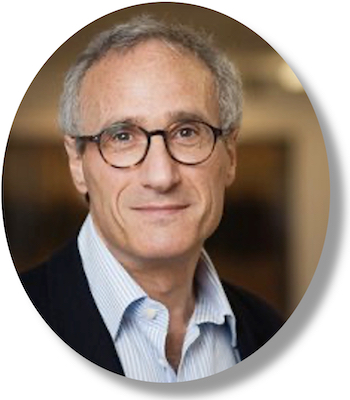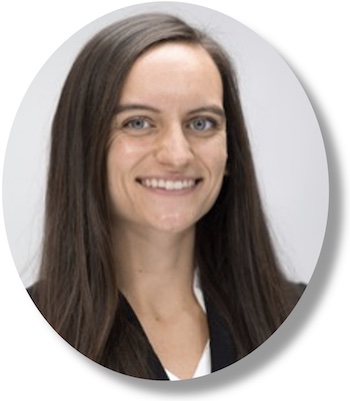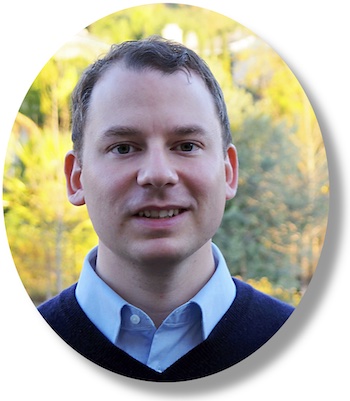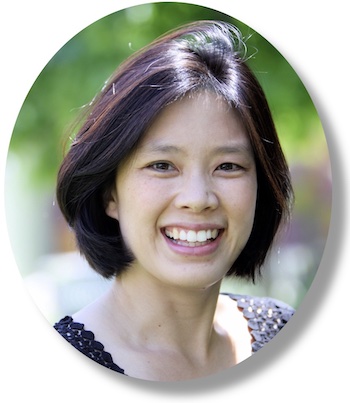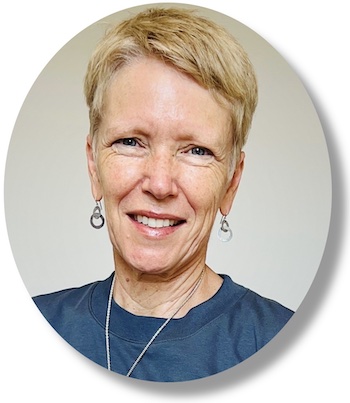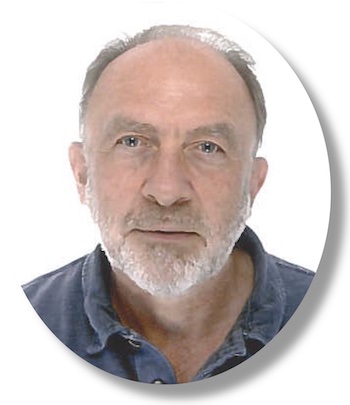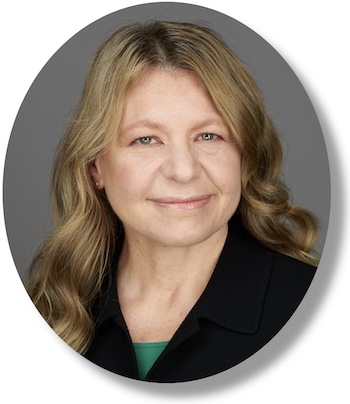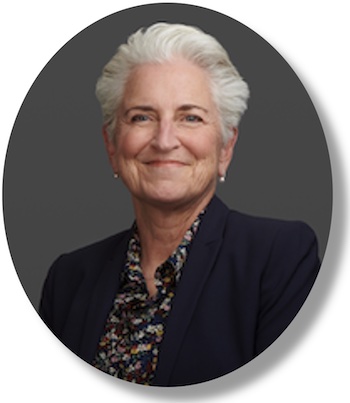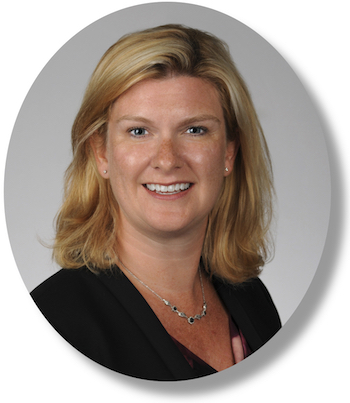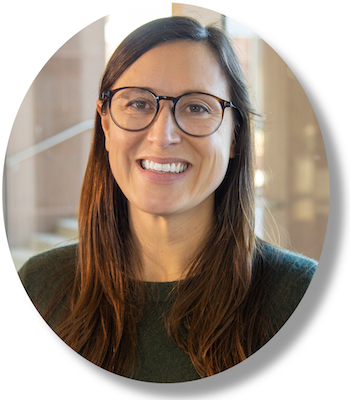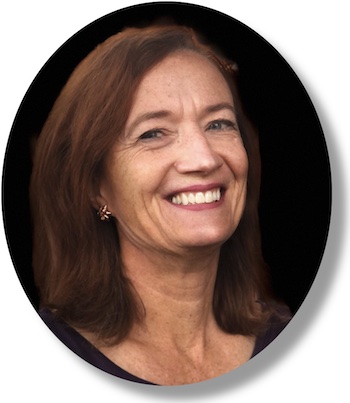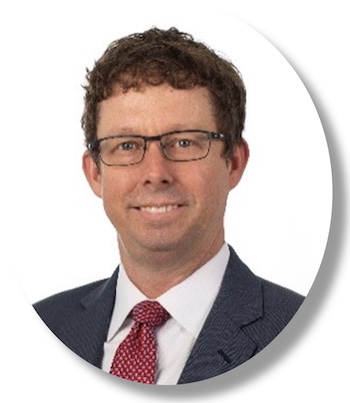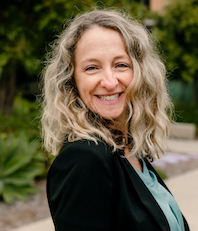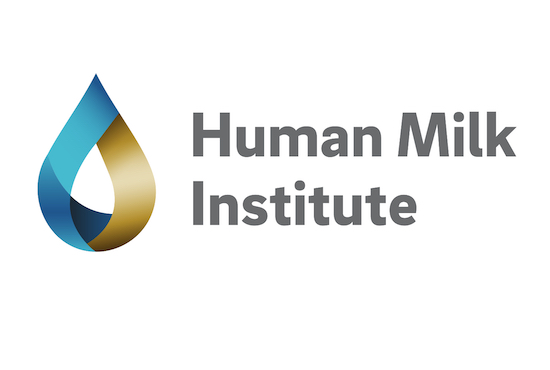Stephen Kennedy, MD
Dr. Stephen Kennedy graduated, in 1978, from Keble College, Oxford, in Experimental Psychology. He qualified in medicine at Guy’s Hospital, London, in 1984, and then trained at the John Radcliffe Hospital, Oxford; Queen Charlotte’s & Chelsea Hospital, London, and the Royal Berkshire Hospital, Reading.
Dr. Kennedy held the posts of Research Fellow (1986-89), Clinical Lecturer (1992-94), and Senior Fellow in Reproductive Medicine (1994-99) in the Nuffield Department of Obstetrics & Gynaecology, University of Oxford, before being appointed to the post of Clinical Reader in 1999 and Professor of Reproductive Medicine in 2011. He was Head of Department (2005-19). He was also Clinical Director, Women’s Services (2011-13) in the Oxford University Hospitals NHS Trust and then Divisional Director of Children’s & Women’s Services (2014-19).
Dr. Kennedy jointly leads INTERGROWTH-21st, a large-scale, multicentre project, funded by the Bill & Melinda Gates Foundation, involving health institutions in 11 geographically diverse countries around the world that aims to assess fetal and newborn growth under optimal and various sub-optimal conditions (e.g. exposure to malaria, HIV and malnutrition).
The key public health message of the INTERGROWTH-21st Project is that healthy, adequately nourished women who live in a clean environment and receive good health care, have babies that grow in a similar way in the womb and achieve a similar size at birth irrespective of their ethnicity/ancestry/geographical location. By 2 years of age these same infants have grown appropriately and attained similar neuro-developmental milestones.
Dr. Kennedy has published over 250 papers in peer-reviewed journals, including The Lancet, JAMA Pediatrics, BMJ, American Journal of Human Genetics, Nature Genetics, Nature Medicine and Nature Communications. He also co-authored the paper entitled: ‘Small vulnerable newborns - big potential for impact’ in The Lancet Small Vulnerable Newborn Series (2023).

